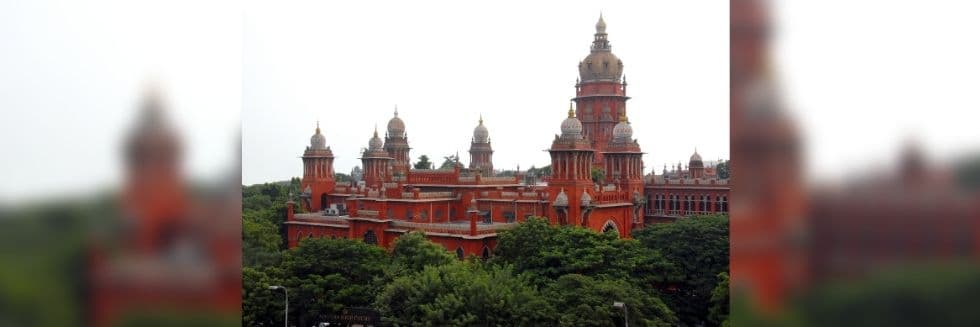“Once a representation is given in English, it is the duty of the Union government to reply in English only, which is also in consonance with the Official Languages Act,” noted a division bench comprising Justices N Kirubakaran and M Duraiswamy.
While allowing a Public Interest Litigation (PIL) of an MP, the Madurai bench of Madras High Court on Thursday directed the Centre government to follow the provisions of the Official Languages Act, 1963.
The PIL was moved by Madurai Lok Sabha MP S Venkatesan seeking directions to use English alone in all communications between the Centre and the state government, its MPs, and the people.
He had approached the court in connection to a reply by the Minister of State for Home Affairs last year to his letter. Venkatesan had written a letter to the minister requesting to set up CRPF paramedical staff recruitment at Tamil Nadu and Puducherry. He had raised an objection against using Hindi language in the reply.
“Tamil Nadu has not set up an examination centre in Pondicherry for the written test to fill 780 vacancies in Group B and Group C. So I sent a letter on October 9 to the Ministry of Home Affairs asking them to set up at least one examination centre in these areas. The Minister of State for Home Affairs had sent a reply in a letter written in Hindi on November 9. Thus I could not know what they were saying in it,” the petition stated.
Answering in Hindi is a violation of the law
“Answering in Hindi is a violation of the law. The people of Tamil Nadu continue to respond in Hindi to letters sent to the Central Government asking them to address their grievances. This is contrary to constitutional legal rights and the Official Languages Act of 1963.MPs from non-Hindi speaking states are violating the rights. Therefore, letters should not be sent in Hindi to the Government of Tamil Nadu, Members of Parliament of Tamil Nadu and the people of Tamil Nadu. The Central Government should send letters only in English. It should also order action against officials who violate the rule,” the bench noted.
Justice Kirubakaran noted that one could understand the importance of languages as states were reorganised based on language and the central government should continue to use English along with Hindi which could act as a binding force.
The bench also cited Article 350 of the Constitution, which states that every person is entitled to give representation in any of the languages used in the Union or the state.
The bench issued directions to the Union government and all its instrumentalities to follow the Official Languages Act, 1963, especially Section 3 of the Act- which says that both Hindi and the English languages should be used for the official documents – and the Official Languages Rules, 1976 strictly.
“There are several languages in India which are hundreds or even thousands of years old. The governments ought to take efforts to preserve the languages. Mother tongue should also be given importance like that of English as knowledge without understanding of mother tongue would be incomplete,” noted Justice Kirubakaran.






